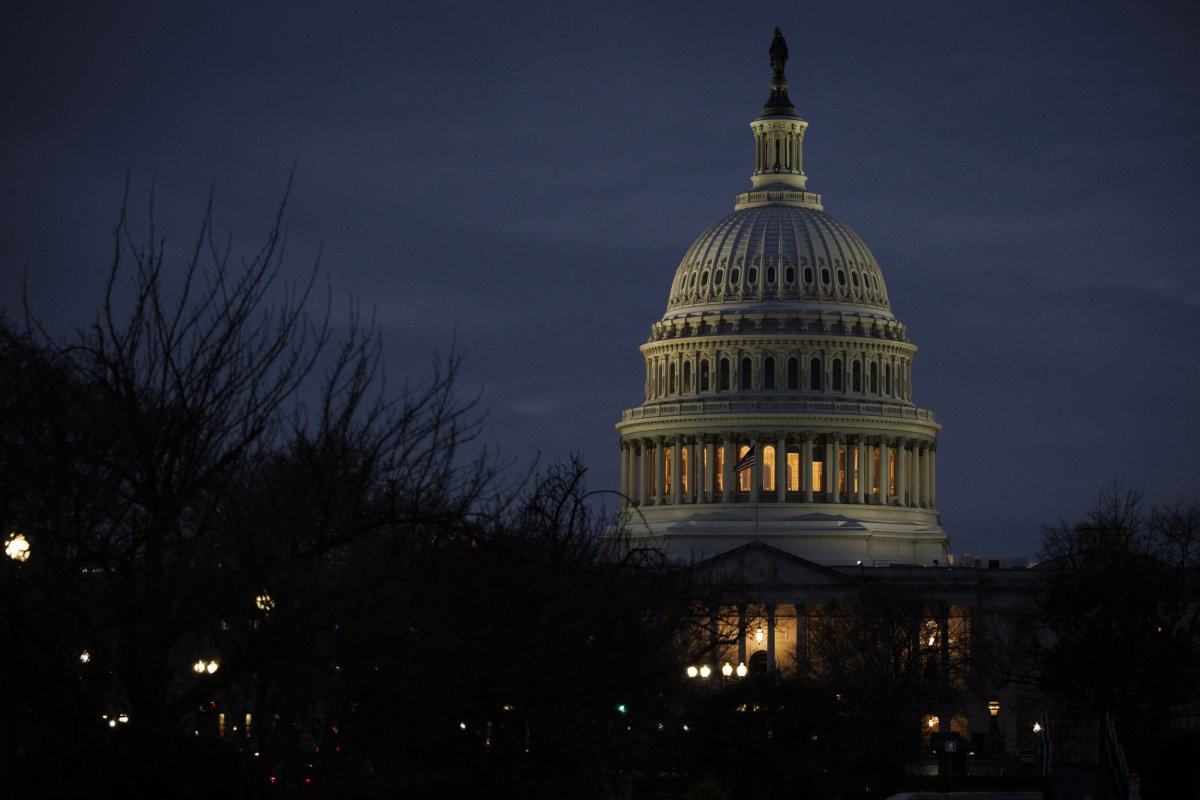WHAT’S NEW
The looming government shutdown that would result from the House failing to agree on a spending bill by midnight on Friday, leaving many federal employees possibly without pay going into the holiday season.
WHY IT MATTERS
The government hasn’t passed a spending bill on time for a number of years, and once again officials are taking the vote down to the wire to pass thanks to input from Elon Musk and President-elect Donald Trump, who seek to influence the final bill.
However, that interference has prevented the House from passing what had been a bipartisan spending bill earlier this week. A second bill, backed by Trump and Republicans, failed to get enough votes to pass on Thursday.
WHAT TO KNOW
As lawmakers chew over the third proposed bill ahead of Friday’s deadline, the roughly three million federal employees across the country will wonder if they’re going to get their paychecks this month.
The last government shutdown occurred in the winter of 2018 into 2019, which lasted for 35 days, the second shutdown to happen during the first Trump administration.
In the case of the 2018-19 shutdown, five of the 12 appropriations bills went into effect, funding Veterans Affairs and the Department of Defense and limiting the number of employees on furlough.
A shutdown seems unlikely as lawmakers work furiously to reach a consensus on Friday afternoon. Representatives have to review the roughly 1,500-page document sent to them Friday morning.
Only 20 funding gaps have occurred since Congress introduced the modern budget process in 1976, according to the Committee for a Responsible Federal Budget (CRFB).

Ting Shen / AFP via Getty Images
The shutdown is merely an announcement that there is no money to keep the government going, and each federal agency will have to figure out its own plan to handle that situation. Nonessential operations will immediately stop.
The CRFB wrote that agencies often look to “guidance released in previous shutdowns and coordinated by the Office of Management and Budget (OMB).”
In the run-up to a possible 2023 shutdown, Representative Jennifer Wexton of Virginia (who is set to leave office when the current Congress ends) advised that the Social Security Administration would stop services like benefit verification and overpayment processing while continuing to issue cards and holding appointments for applications.
Some salaries will lapse, and agencies will have to determine which employees fall into “excepted” versus “no excepted” salaries. The former category applies to employees who will continue to work – without pay – during the shutdown the latter category applies to employees who will be put on unpaid furlough.
However, once the shutdown ends, the furloughed employees receive back pay. Federal contractors are not guaranteed back pay.
The impact depends on whether the government enacts a total versus partial shutdown. A partial shutdown would occur when Congress enacts some of the appropriation bills put forward as part of the spending bill.
Johnson has proposed breaking up the singular bill into several smaller ones to achieve a partial shutdown.
WHAT PEOPLE ARE SAYING
House Speaker Mike Johnson of Louisiana on Friday afternoon told reporters: “I expect that we will be proceeding forward, we will not have a government shutdown, and we will meet our obligations for our farmers who need aid, for our disaster victims all over the country, and for making sure that military and essential services and everyone who relies on the federal government for a paycheck is paid over the holidays.”
Republican Representative Tim Burchett of Tennessee told CNN during a live interview that “I think it will” pass, saying “Hakeem’s for it,” in reference to House Minority Leader Hakeem Jeffries of the Democrats.
WHAT HAPPENS NEXT
The House of Representatives will need to vote before midnight on Friday to avoid a shutdown. Two-thirds of the House must approve the bill in order for it to go into effect.
The current bill on the table would seek to extend funding to March and find a better solution to funding gap disagreements between Democrats and Republicans.


